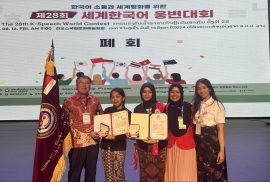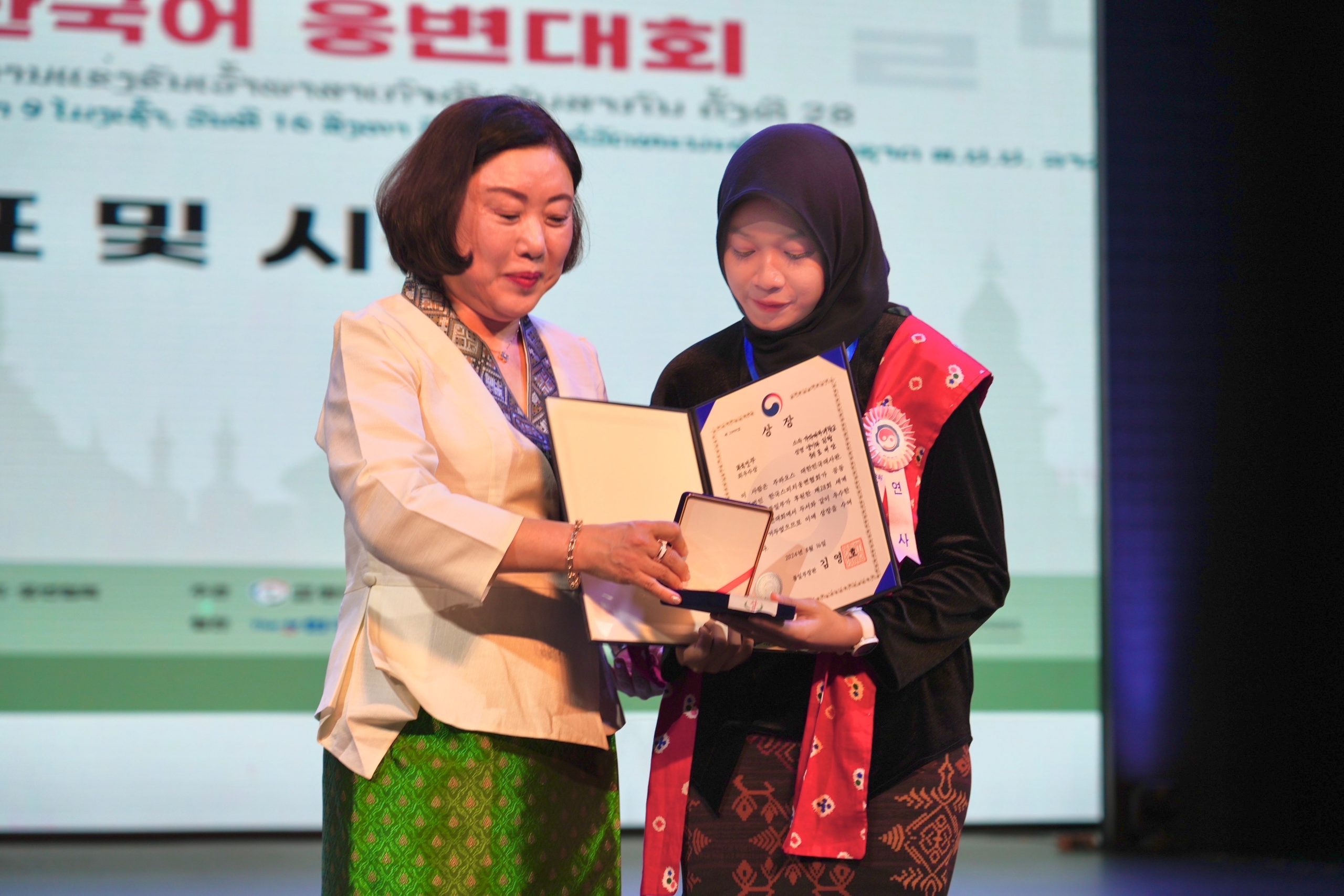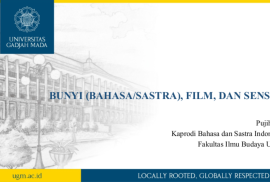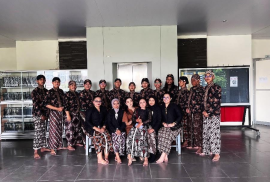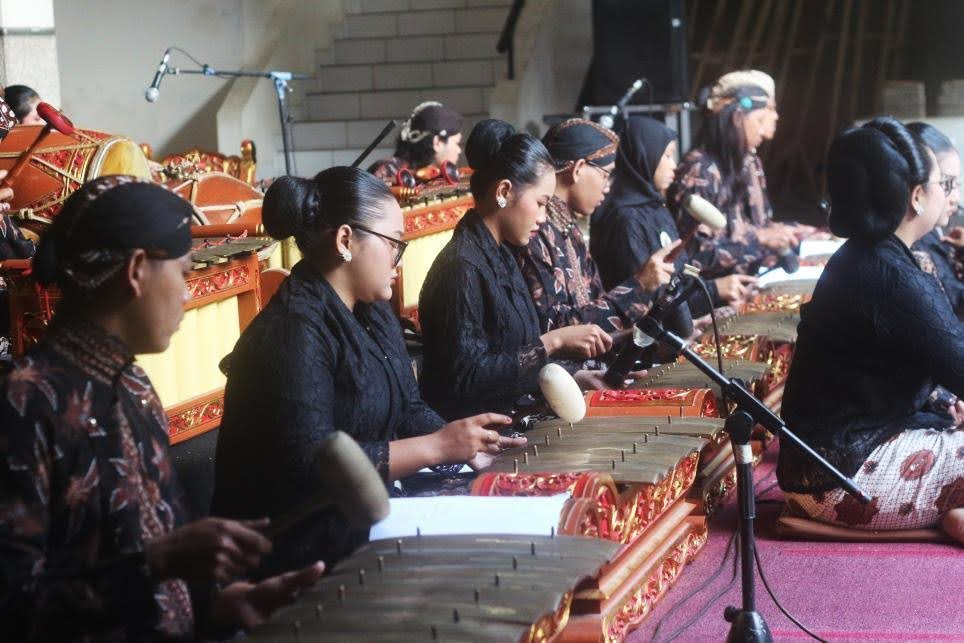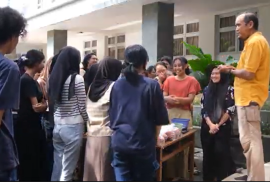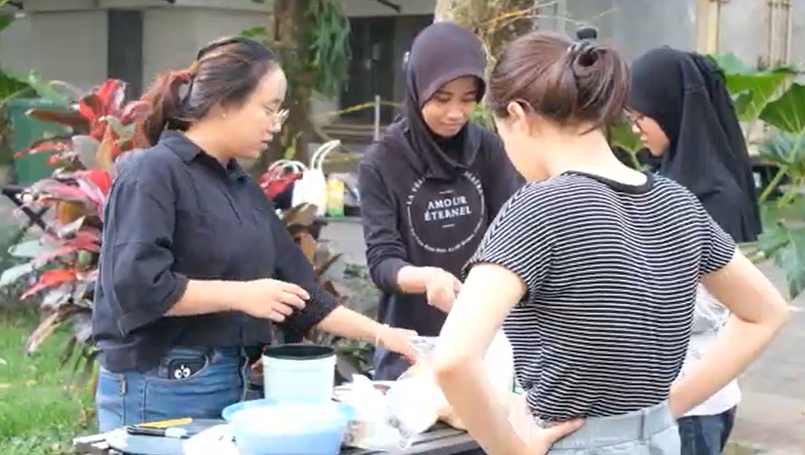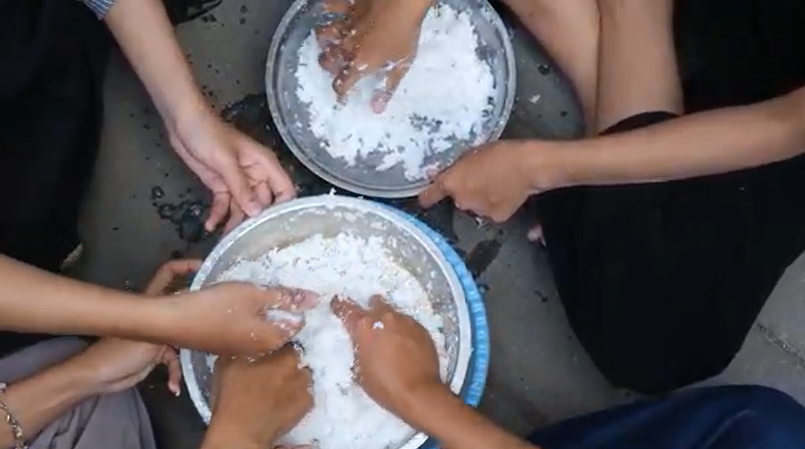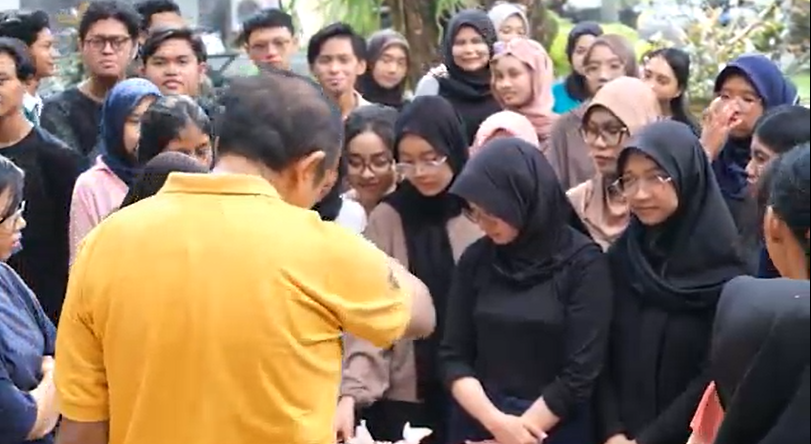Recently, the “back to nature” lifestyle has become increasingly popular. Not only are people looking for instant results, but they are now increasingly concerned with the process of achieving optimal health. This trend can be seen in the increasing number of people who exercise diligently, pay attention to nutritional intake, and utilize herbal and traditional medicine.
When it comes to traditional medicine, our ancestors already had the right recipe to maintain health. Referring to Wulandari (2011), there is a book entitled Serat Primbon Jampi Jawi published in 1933 by the publisher Tan Khoen Swie, which collects valuable knowledge about traditional medicine, including the efficacy of various kitchen spices for health. Let’s discuss some of these herbs that have amazing benefits:
- Black Cumin
Black cumin is known to have hot properties but feels cool for a while. The benefits of black cumin are very diverse, ranging from removing mucus and dirt in the stomach, to overcoming soreness in the back or joints. To experience its benefits, Mahadaya can try a mixture of crushed black cumin with honey. In addition, black cumin can also be used to cure colds and dizziness due to colds by inhaling black cumin wrapped in mori cloth.
- Nutmeg
This kitchen spice is not only a flavoring agent but also has health benefits. Nutmeg is known to strengthen the heart, strengthen semen, and treat eye and bone pain.
- Red Onion
Apart from being a spice that is often used daily, shallots have various health benefits. Dripping crushed shallot water into the eyes can cure blurred vision. In addition, shallots are also effective for preventing hair loss if applied to the head, which often experiences hair loss.
- Tamarind
This plant, which is often the main ingredient in herbal medicine, has many health benefits. Tamarind is known to reduce body heat if consumed directly. Furthermore, tamarind is effective for relieving shortness of breath and nausea. The trick is to soak the tamarind for three days, then mix the water with sugar and drink it.
- Lime
Lime, which is commonly used as a complement to soto, has health benefits that are no less great. By drinking a mixture of lime juice and sugar in the morning after waking up, the kitchen spice can neutralize toxins in the stomach. In addition, lime juice can also warm the body.
Some of the explanations above are a small part of the various properties of herbal medicine with this kitchen spice. This then opens our perspective, showing that old manuscripts actually contain a variety of information, one of which is in the health sector. By extracting information from these manuscripts, we are expected to be able to utilize these instructions, disseminate them, and develop them in order to bring goodness to ourselves and our environment.
LITERATURE
Wulandari, A. (2011, December). ). Serat Primbon Jampi Jawi Koleksi Perpustakaan Dewantara Kirti Griya (Taman Siswa): Sebuah Dokumentasi Pengobatan Tradisional. Jumantara: Jurnal Manuskrip Nusantara,2(2), 30-56. https://doi.org/10.37014/jumantara.v2i2.135
LIST OF IMAGES
Vandro. (2016, April 10). Ssst…! Ini Dia 35 Bumbu Dapur Masakan Indonesia, Incaran Dunia… Rumahmesin.com. Accessed from https://www.rumahmesin.com/bumbu-dapur/.
Author : Haryo Untoro


